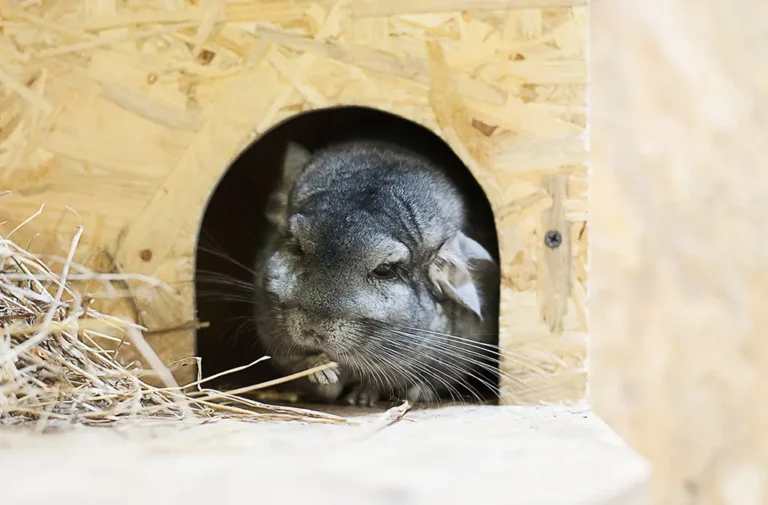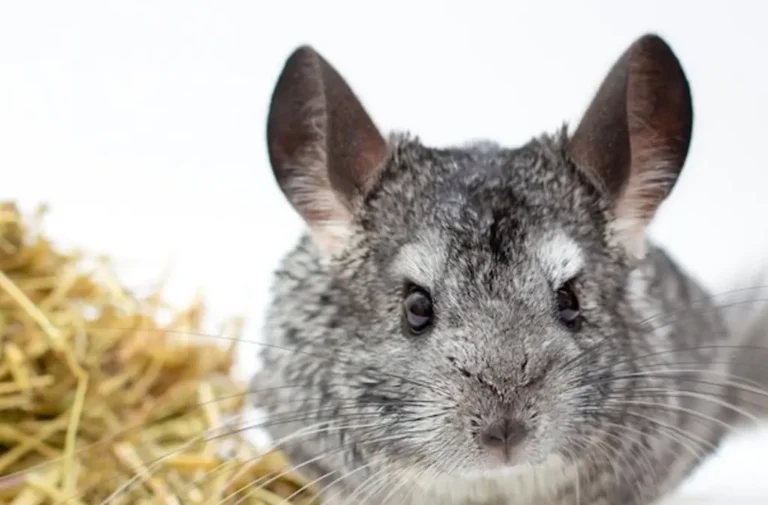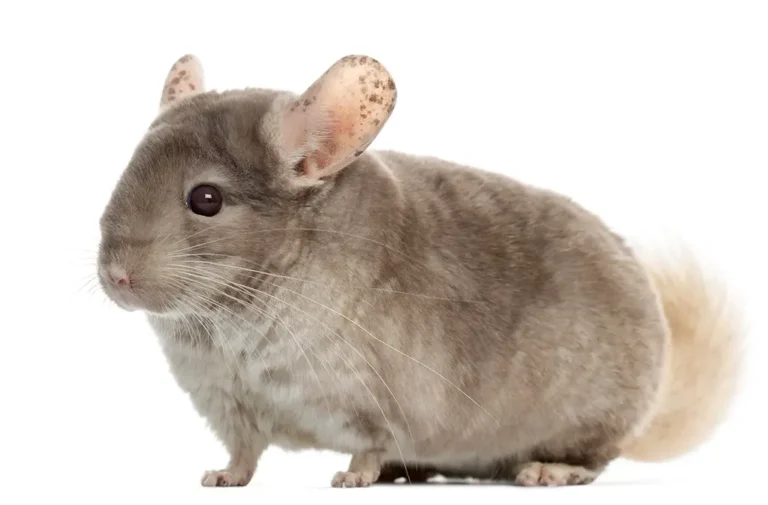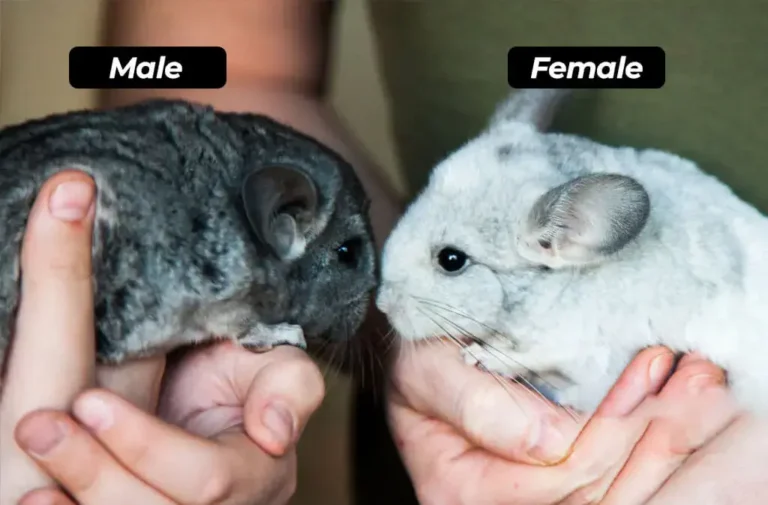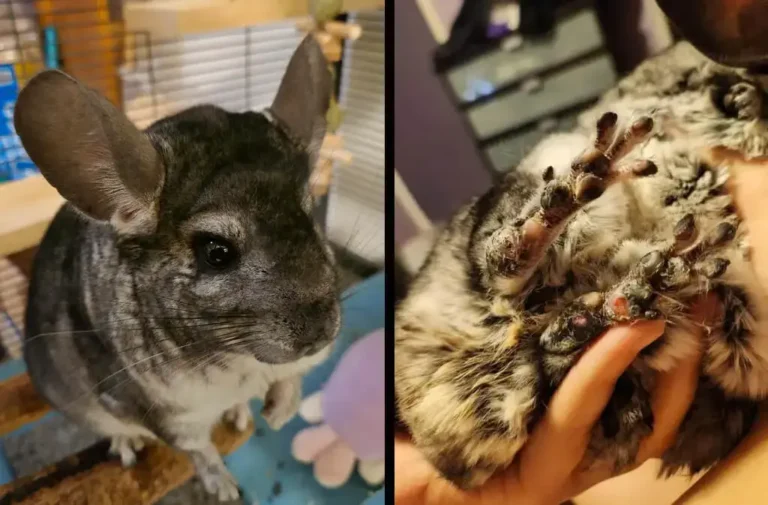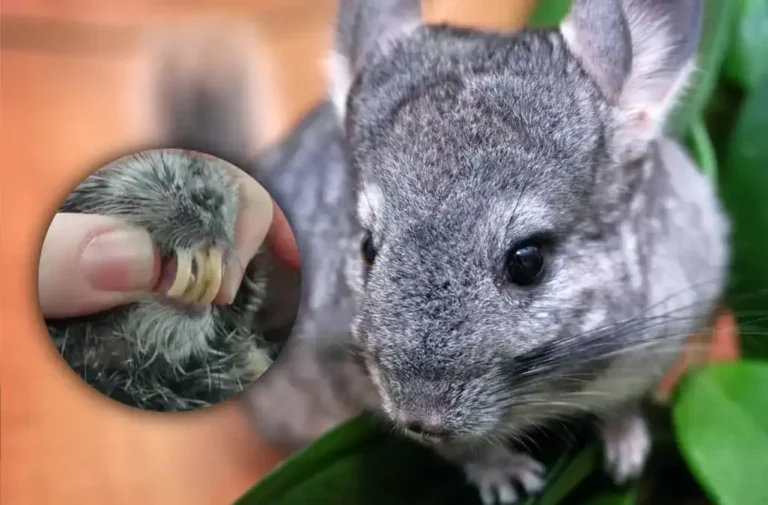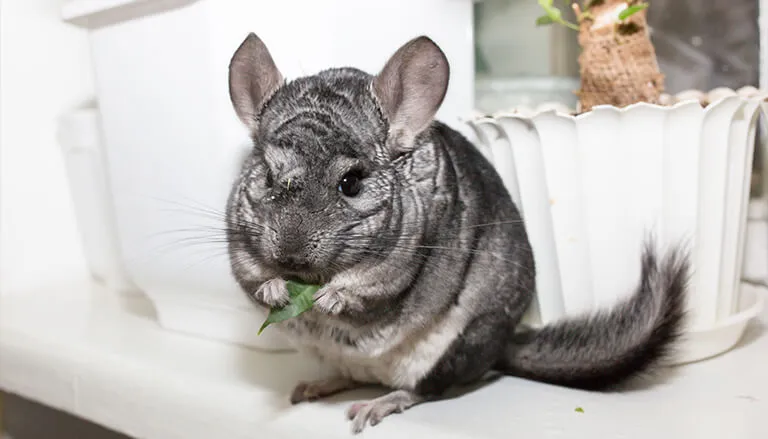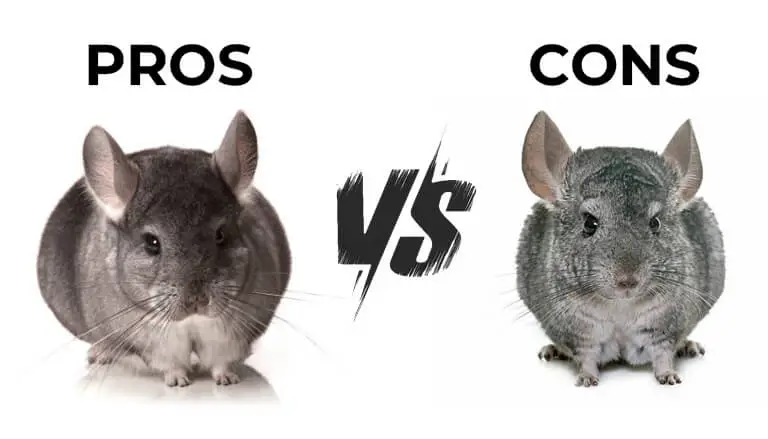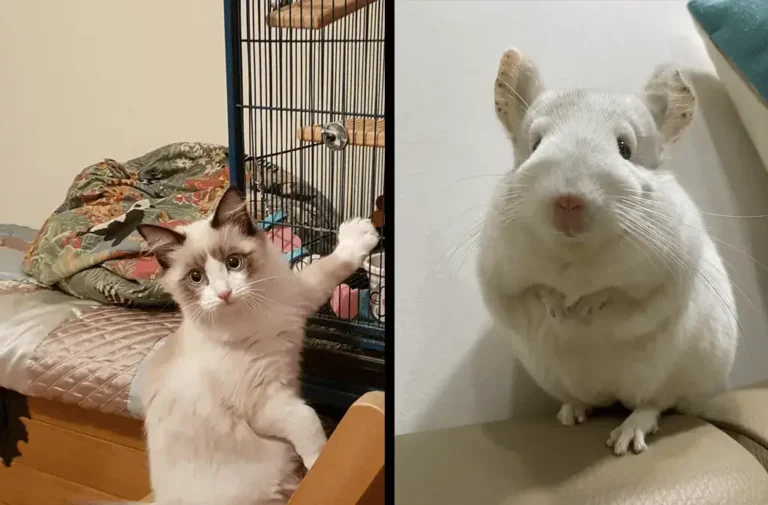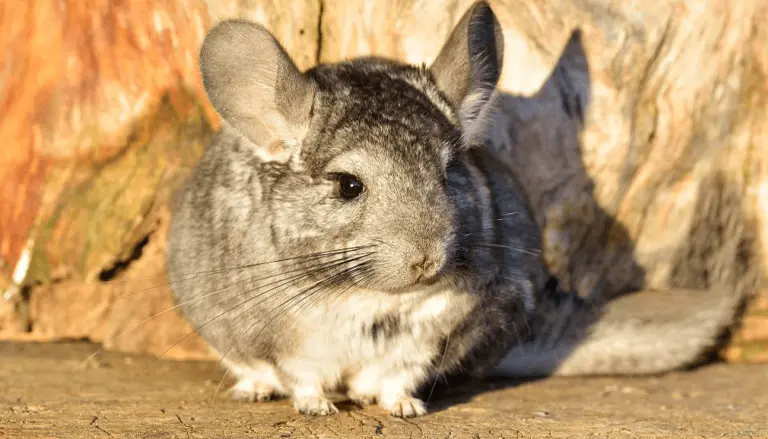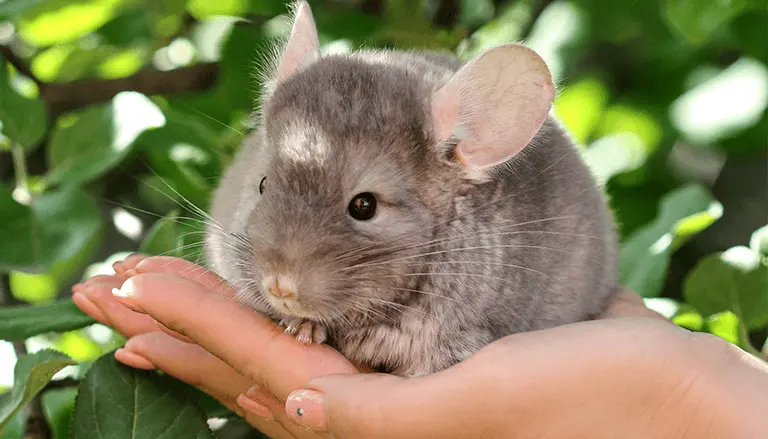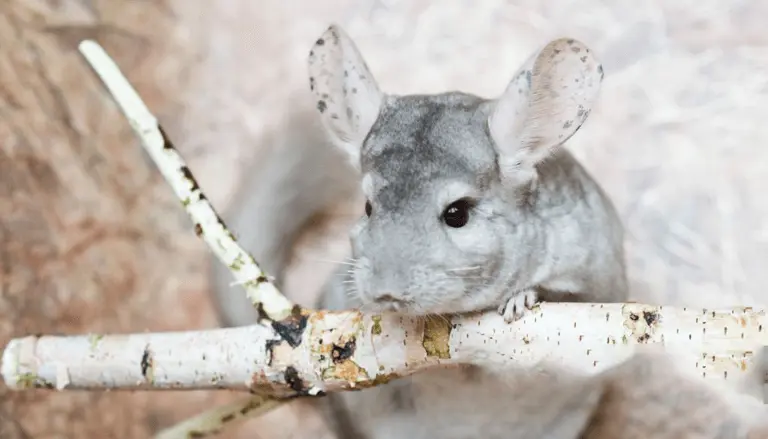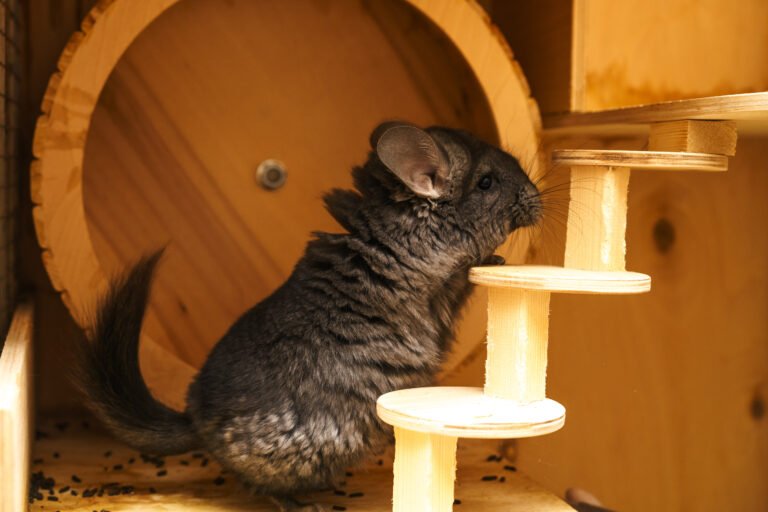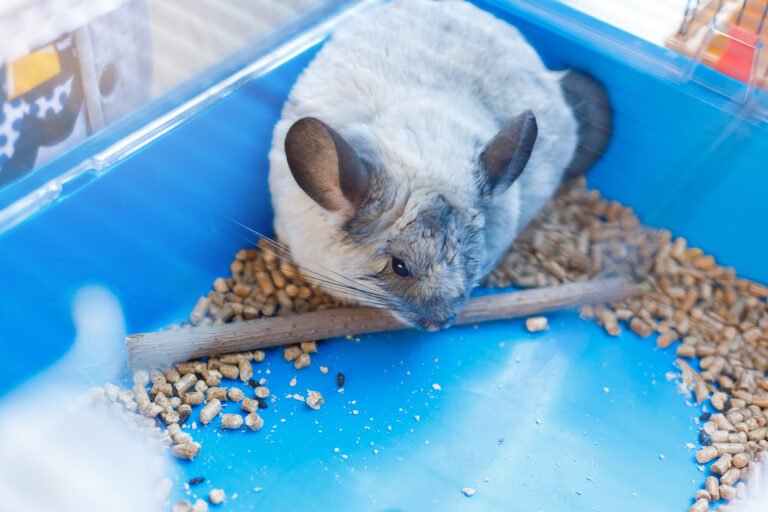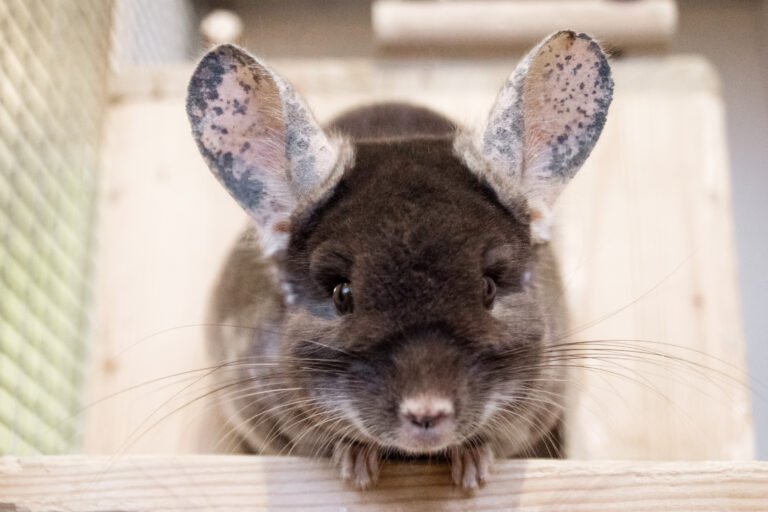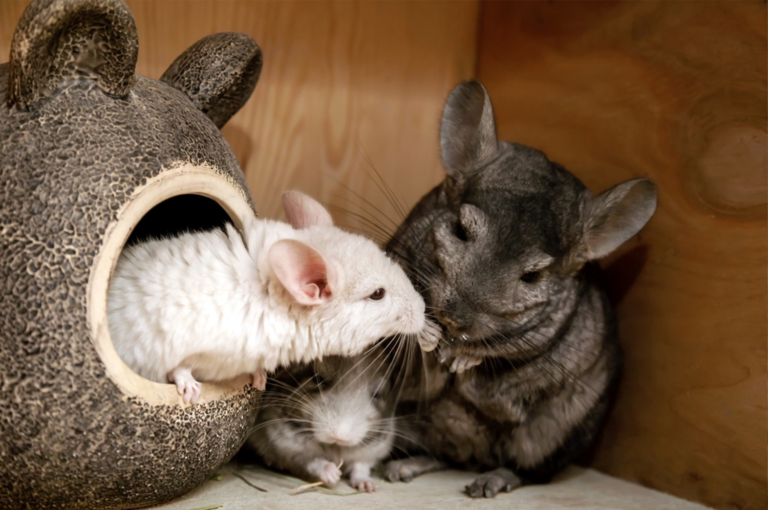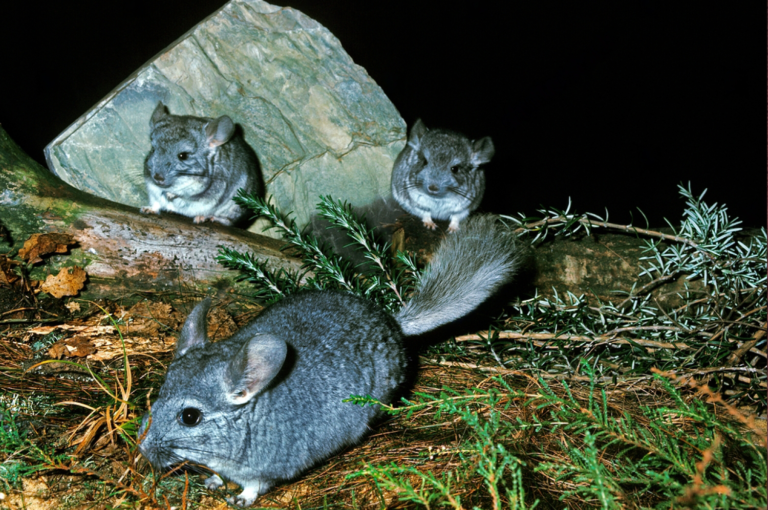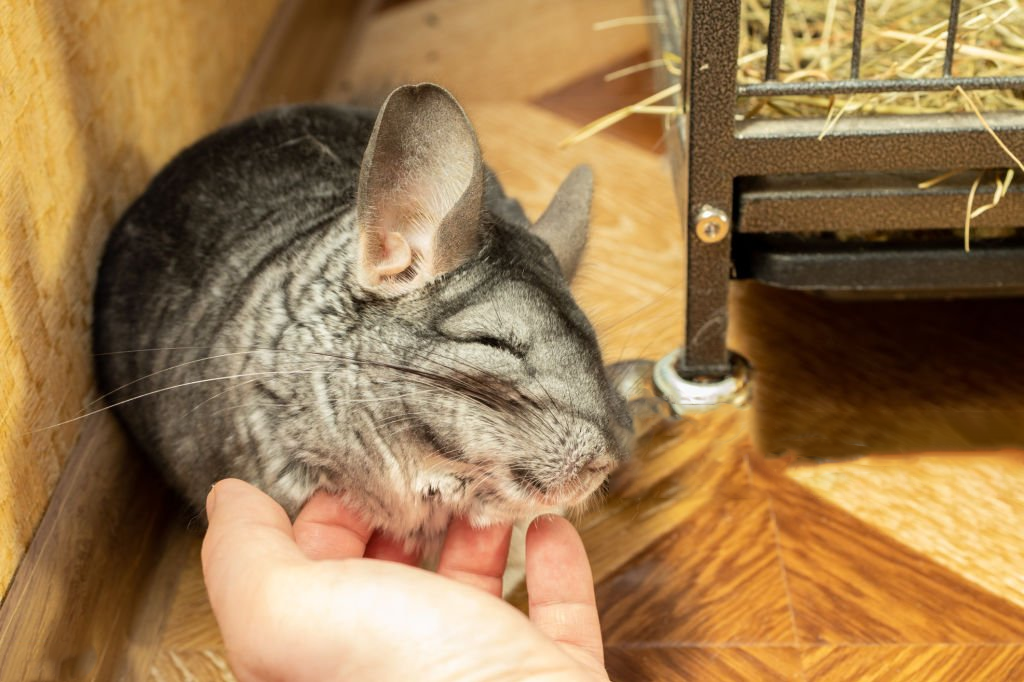
Welcome to the world of crepuscular rodents, where their magnificent fur and energetic personalities have attracted many pet lovers around the globe. These little creatures originated in the Andes Mountains of South America and have gained popularity because of their playful attitude.
Besides this, they require relatively low maintenance. For their better well-being and longevity in captivity, giving them proper attention and care is essential. From providing them with a suitable habitat to fulfilling their dietary requirements, understanding their basic needs is a necessity for those who want them as their pets. As a chinchilla owner, we recognize the significance of offering feasible care for those delightful creatures. Let’s dive into the essentials of chinchilla care and ensure a glad, wholesome life for the one that you love accomplice.
Understanding Their Well-Being
Caring for your bushy friend involves meeting their primary wishes and nurturing their unique quirks and personalities. Their proper care starts with developing a comfortable and secure environment to thrive. Whether you’re a seasoned owner or new to the world of these charming rodents, knowledge of their care necessities is essential for their well-being.
- Ample space to climb, move, and explore.
- Cages with multiple levels
- Provide chewy items, toys, and tunnels for mental enrichment.
Ensuring these needs and wishes ensures a longer and healthier life.
How to Take Care of Chinchillas at Home Lifespan
Creating a suitable habitat is step one of their care. Proper housing with various levels, platforms, and hiding spots helps to enhance their natural behaviors, such as jumping and climbing. Choose a cage made from wire mesh to ensure the proper airflow, and line the bottom with bedding fabric and kiln-dried pine or aspen shavings. Because they are active members, providing enough space to roam and exercise is recommended.
A suitable habitat with safe bedding, chewy toys, a moderate temperature of 15-21°C, an area of sand bath, and easy access to water bowls are some essential needs for them to thrive.
Chinchilla Diet and Nutrition
A balanced eating regimen is crucial for preserving health and happiness. Their food plan must generally consist of brilliant hay, supplemented with sparkling greens and a few chinchilla pellets.
Avoid feeding them sugary treats or foods high in fat, such as candies, cheese, yogurt, seeds, nuts, bread, chips, or crackers, as these can lead to fitness problems, obesity, and dental issues. Fresh water and hay like timothy or orchard, chinchilla pellets, occasional treats like apples or apricots, and plain shredded wheat are some recommended edibles for these little creatures.
Exercise and Mental Stimulation
In addition to a nutritious food regimen, they require exercise and intellectual stimulation to stay healthy and happy. Playing outside their cage will help boost their mental health and help them discover new things. Set up impediment courses, tunnels, and toys to entertain and interact with them. Regular out-of-cage time permits them to stretch their legs and maintain physical health.
Chinchilla Grooming and Hygiene
They are meticulous groomers and require average dust baths to maintain gentle fur. Provide a shallow dish packed with chinchilla dust and allow them to roll and frolic to their coronary heart’s content. Trim their nails as needed and test their ears for contamination or particle buildup symptoms
How do you keep chinchillas healthy?
Keeping them healthy involves tracking their conduct and looking for signs of infection or distress. Regular checkups will help to identify any health issue on time. Ensure they can access clean water and hold their surroundings clean and risk-free.
When do Chinchillas Sleep?
Don’t get worried if your little companion sleeps during the day. Because they are crepuscular animals therefore, stay active during the night. They may additionally nap during the day and night. However, they typically have longer sleep intervals at some point in the day. Providing quiet and dimly lit surroundings at some point in their sleep can help promote restful sleep.

Chinchilla Female and Male Care
Concerning male and female crepuscular rodents, the basics are comparable, with slight changes. Females may additionally need extra care at some stage in pregnancy, at the same time as men may additionally require extra socialization to prevent territorial conduct. The regular vet looks at usage, which is essential for each to monitor their fitness. Overall, imparting a balanced weight-reduction plan, workout, and proper grooming guarantees both genders’ satisfaction and healthy lifestyles.
How to take care of baby chinchilla?
Extra attention and care are desired if you’re caring for a baby. Ensure they may be saved from heat and snug, as they’re more vulnerable to temperature fluctuations. Feed them a balanced diet in appropriate quantities according to their age and closely reveal their growth and improvement.
Extra Tips for Chinchilla Health and Care
- Monitor their enamel frequently and provide suitable chewy toys to save you dental troubles.
- These rodents are sensitive to high temperatures, therefore it is recommended to avoid sudden temperature changes.
- Keep their cage smooth and free of extra moisture to prevent respiratory infections.
- Provide everyday opportunities for socialization and interplay to avoid boredom and loneliness.
- Be aware of any environmental hazard like toxic plants and electric cords.
Introducing Chinchillas with the new one
Introducing them to differences requires patience and cautious attention to foster advantageous relationships.
-
- Start by growing a neutral territory, which includes a neutral room or play area wherein they can meet without feeling territorial.
- Supervise their interactions carefully, permitting them to sniff and look into every other from a distance earlier than progressively increasing their exposure.
- Use excellent reinforcement, including treats and rewards, to inspire friendly conduct and separate them immediately if signs and symptoms of aggression arise.
- With persistence and the proper creation techniques, you can create a harmonious residing environment where your crepuscular rodents can thrive and enjoy every other’s company.
Wrapping Up!
In conclusion, chinchilla care is essential for a healthy and active lifespan. They are considered good pets and need a little care and regular cleaning. For a happy and healthy pet, ensure the availability of freshwater, hay, and commercial pellets.
You can ensure a happy and healthful existence in your bushy accomplice by offering a nurturing environment, a balanced eating regimen, regular exercise, and mental stimulation. Remember, each chinchilla is unique, so tailor their care to their healthy needs and options. Arranging a regular visit to the veterinarian is helpful in detecting any health issues on time.

